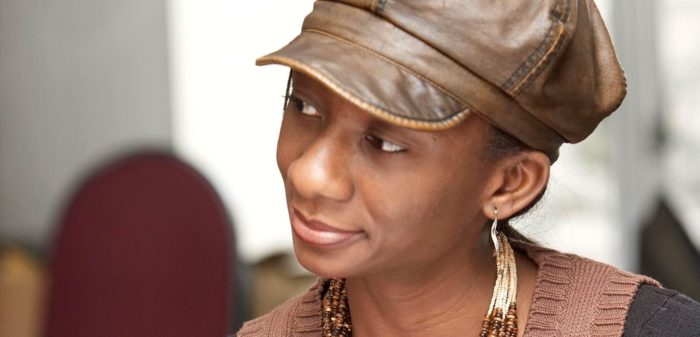Perceptual Baggage

Children learn about other places, peoples and cultures from the adults in their life and from the media they consume. Sometimes, stereotypical views and opinions of 'others' are propagated from one generation to the next without being challenged. In 1985, Edward Said famously wrote about the distorted Eurocentric depiction of Arab-Oriental peoples and their culture in his book Orientalism.
On the one hand there are Westerners, and on the other there are Arab-Orientals; the former are (in no particular order) rational, peaceful, liberal, logical, capable of holding real values, without natural suspicion; the latter are none of these things. (Said, 1985, p49)
In his perceptive analysis, the stereotypical representation of a group of people from another region of the world with different cultural values not only denigrates that group of people but also bolsters the self-esteem of the people who hold those views. The demeaning of others builds a sense of pride and national identity that elevates the propagating culture above others.
Stephen Scoffham, a renowned educational researcher into primary geography, environment and global perspectives, warned of the dangers of not challenging overly negative and distorted perceptions of ‘others’ in his 1999 chapter on Young Children’s Perceptions of the World.
Without intervention infants are liable to accept uncritically the bias and discrimination they see around them. Stereotypes promoted in advertisements and stories of war, famine and disaster in the media further distort perceptions. At the same time, the influence of parents and peer group pressure may also serve to confirm negative views. From here racism and all its attendant evils are only a short step away. (Scoffham, 1999, p134)
For any educational programme that involves children learning about a distant place or people from another country or culture it is important to first unpack their perceptions of that place or people and address any misunderstandings and misconceptions. Not to do so could reduce the effectiveness of a learning programme and potentially reinforce stereotypical views and opinions. The African Voices activity programmes created a learning environment through which the pupils could question their own perceptions. A foundation for further learning was established that prepared pupils to accept new knowledge and perspectives without being constrained by their existing perceptual baggage.
References
Said, E., 1978. Orientalism. New York: Pantheon.
Scoffham, S. 1999. Young Children’s Perceptions of the World. In: David, T. ed. Teaching young children. SAGE, pp. 111-124.
